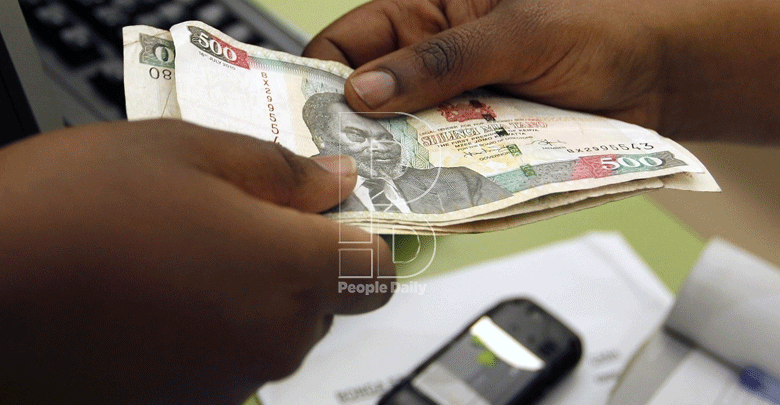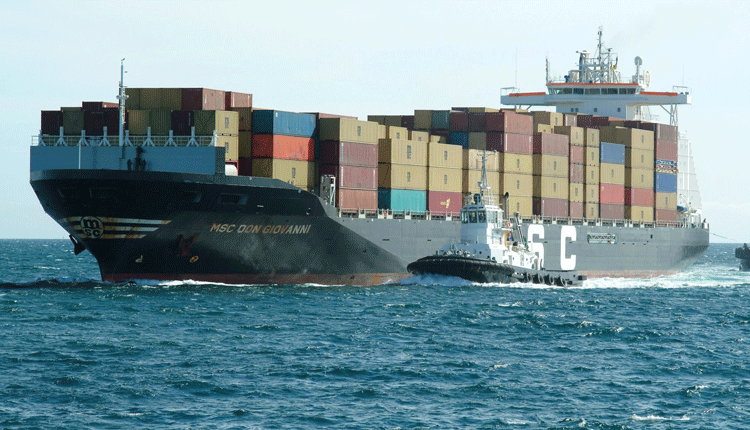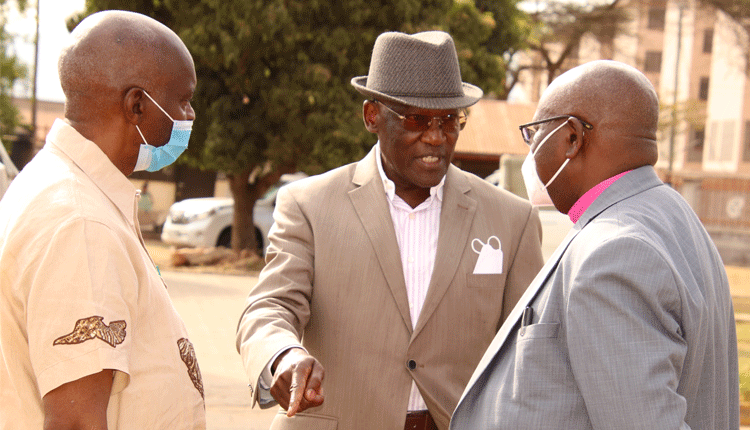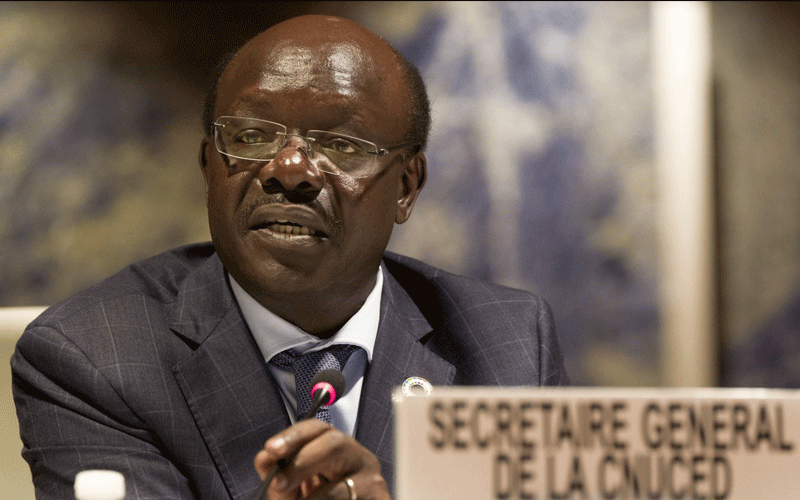Kenya to gain from UN’s tool to assess illicit financial flows

FRAMEWORK: Kenya is among African countries that stand to benefit from a conceptual framework that measures illicit financial flows (IFFs) that has been developed by a United Nations agency.
The framework developed by the United Nations Conference on Trade and Development (UNCTAD) and United Nations Office on Drugs and Crime (UNODC)is the result of extensive expert consultations held in 2017 to 2018.
It reflects the thorough considerations of an international task force in 2019 and 2020 involving international organisations and national tax, customs and statistics experts.
“This is a major achievement in the work to combat illicit financial flows and a big step towards better transparency,” UNCTAD chief statistician Steve MacFeely said.
Without statistics
He added: “We cannot tackle IFFs without statistics that help us understand the magnitude, channels and types of illicit financial flows.”
Every year, organised crime, trade in illegal goods, and illegal or illicit tax and commercial practices generate billions of dollars in illicit flows.
This includes proceeds of crime that are channeled abroad, often to safe havens.
Until recently there has never been a structure and tool that measures near exact amounts lost by countries through the vice.
Experts say these funds may also be laundered and reinvested in legal markets, or they may originate in the legal economy and be illicitly transferred abroad.
It is estimated that Kenya has been losing an average of Sh40 billion every year through illicit financial flows since 2011 as government, local firms and multinationals engage in fraudulent schemes to avoid tax payments.
Many of these flows are deliberately hidden, making their measurement extremely difficult. IFFs are complex and can originate in various activities.
The framework identifies four main types of activities that can generate IFFs, including illicit tax and commercial activities, illegal markets, corruption and exploitation-type activities and financing of crime and terrorism with Kenya among other countries gambling with the vices.
It is also expected to help official statisticians to take the lead in measuring IFFs because they can provide objective, independently produced and comparable information on IFFs to guide policy making.
The first measures of IFFs from crime have already been calculated in Latin America jointly with UNODC, and now pilots are being extended to Asia and the Pacific with the UN Economic and Social Commission for Asia and the Pacific and to Africa with the UN Economic Commission for Africa.















